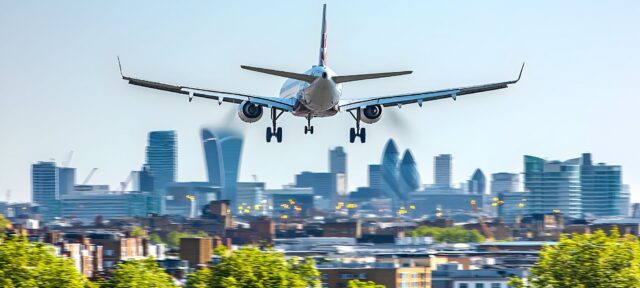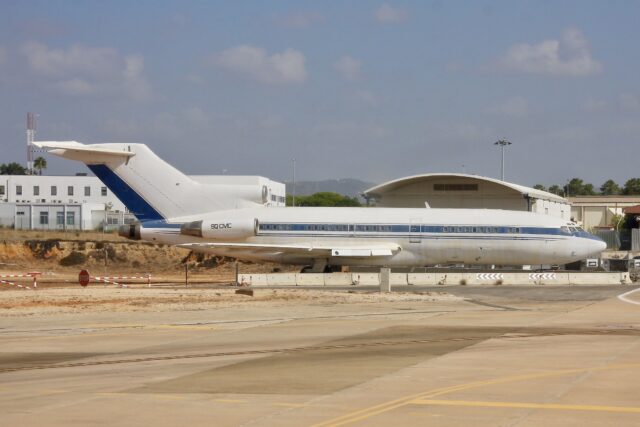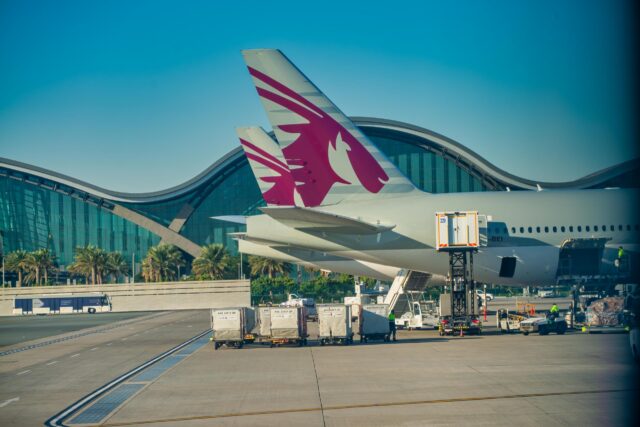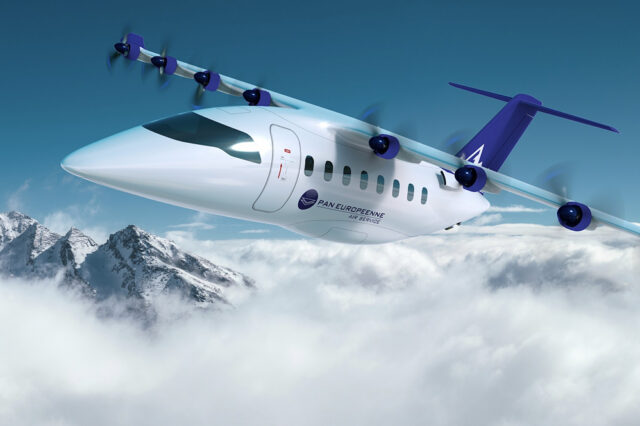Boeing hit by strike action
September 13, 2024

More than 30,000 Boeing workers in Seattle and Portland downed tools and went on strike from midnight Pacific Time on the night of 12/13 September. About 95% of the union members who voted in the ballot rejected Boeing’s proposed deal and backed strike action.
The strike was triggered with the expiry of a contract agreed in 2008 (and extended in 2011, 2014 and 2016), after a painful and costly eight-week strike that was variously estimated to have cost Boeing US $100 million per day, or about $1.5 Bn per month.
Members of the International Association of Machinists and Aerospace Workers (IAM) District 751 in Washington and W24 in Portland, Oregon, overwhelmingly rejected a tentative pay deal that had been thrashed out by Boeing and the union. This had included a 25% pay rise over four years (the Union had wanted 40%) and an undertaking that Boeing would build its next commercial airliner in the Seattle area if the project started during the lifetime of the new contract.
Boeing had expressed its excitement that: “as part of the contract, our team in the Puget Sound region will build Boeing’s next new airplane. This would go along with our other flagship models, meaning job security for generations to come. It’s a big commitment to you and to our community.”
On 8 September Boeing hailed what it called a “Historic Contract Offer,” which it said provided: “the largest-ever general wage increase, lower medical cost share to make healthcare more affordable, greater company contributions toward your retirement, and improvements for a better work-life balance.” The union leadership also urged its members to accept the offer, calling it the best contract that it had ever negotiated.
The Union’s members support aircraft production for the Commercial Airplanes and Defense, Space & Security divisions, including the Boeing 737 MAX, 767, 777/777X, as well as the 737-based P-8 Poseidon, and E-7 Wedgetail and the 767-derived KC-46A Pegasus. The Union also covers some employees in Global Services and Corporate functions.
The strike represents the latest setback for Boeing, which is facing growing financial losses, and that is struggling to overcome the reputational damage caused by safety issues affecting the 737 MAX (including two fatal crashes) and by production quality issues affecting the KC-46, while fixed price contracts on the T-7A and KC-46 have also wreaked havoc on the company’s bottom line. Boeing had also already been forced to slow down some of its production rates after the US Federal Aviation Administration imposed a 737 Max production cap.

New chief executive Robert K ‘Kelly’ Ortberg (appointed only last month) urged workers not to reject the company’s offer, and warned that a strike could put the company’s “recovery in jeopardy.” With the strike launched, Boeing has already said that: “We remain committed to resetting our relationship with our employees and the union, and we are ready to get back to the table to reach a new agreement.”
















